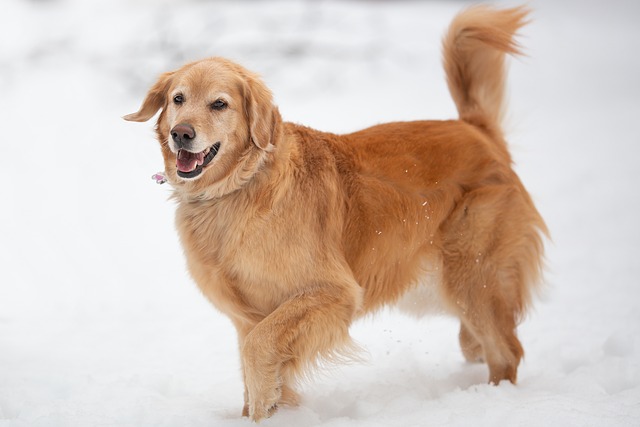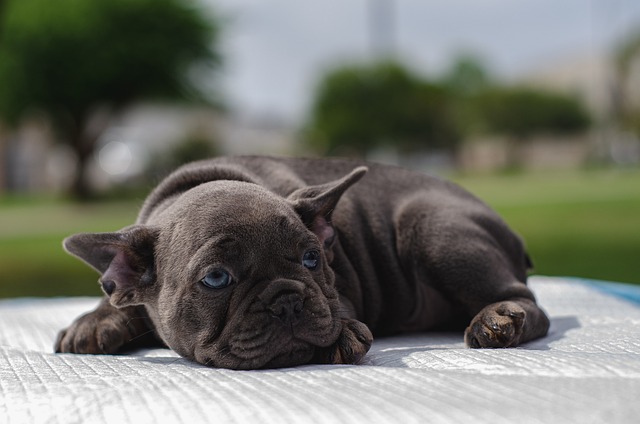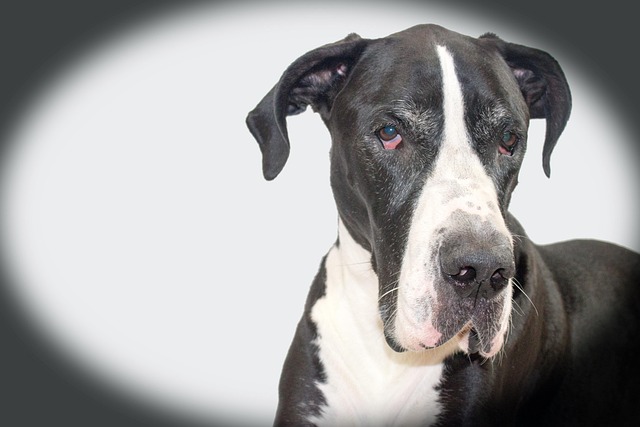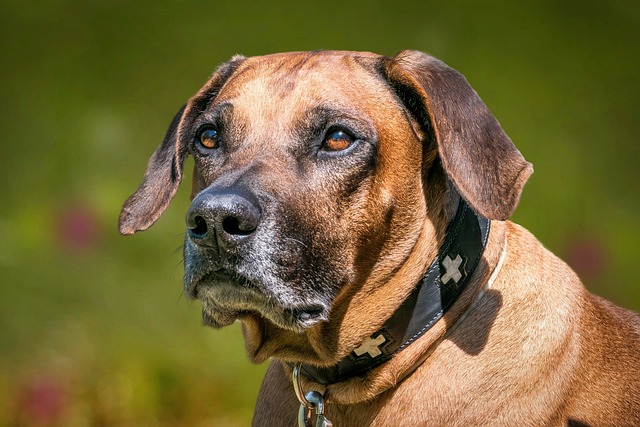Finding a surprise accident on your apartment floor after weeks of successful potty training can make any new dog owner panic: Did I do something wrong? Is my pup being “bad”? The good news is, potty training regression is completely normal for dogs of all ages—from puppies to seniors. It’s rarely about defiance; instead, it’s usually a sign of stress, change, or physical discomfort. For U.S. owners, especially those in apartments where accidents are hard to hide, understanding why regression happens and how to respond calmly keeps your pup confident and gets training back on track.
Dogs thrive on routine, so any disruption can throw off their potty habits. Puppies (under 6 months) have immature bladders and easily get distracted—my neighbor’s 4-month-old Poodle, Milo, started having accidents when her work schedule changed and she began leaving 30 minutes later. Adult dogs might regress due to stress: moving to a new apartment, a new family member (human or pet), or even loud noises like fireworks. Physical issues also play a role—urinary tract infections (UTIs), diabetes, or aging (senior dogs lose bladder control) can cause sudden accidents. Vets emphasize that regression isn’t a “failure” of training; it’s your dog’s way of signaling something is off, either emotionally or physically.

The key to fixing regression is staying calm and addressing the root cause—punishment is never the answer. Yelling, rubbing their nose in the mess, or isolating them violates U.S. animal welfare standards and makes them scared to go potty in front of you, worsening the problem. Instead, start by ruling out health issues with a vet visit (especially if accidents are frequent or your dog strains to urinate). Then, reset their routine: Take them out every 2 hours (more for puppies), right after meals, naps, and playtime, and use a consistent cue like “go potty.” Reward them immediately with a tiny treat and excited praise when they go outside—positive reinforcement rebuilds their confidence. For apartments, use enzyme cleaner to eliminate accident odors (regular soap leaves traces that make them want to go there again) and consider puppy pads temporarily if you’re gone longer than usual.
For apartment living, stick to a strict schedule—even weekends—to avoid confusing your pup. If you have guests over, still make time for potty breaks; excitement can make them forget to signal. Before walks, confirm your dog’s rabies vaccine is up to date (required in all U.S. states) and always carry extra poop bags. Leaving messes in apartment parks or sidewalks isn’t just rude; cities like Chicago fine owners up to $500, and keeping shared spaces clean is part of responsible pet ownership. On walks, let your dog take their time—rushing them can make them hold it, leading to accidents later.
Potty training regression is a bump in the road, not a dead end. With patience, routine, and kindness, your dog will be back to using the bathroom outside in no time. Remember: Accidents happen, but how you respond shapes their trust in you.






